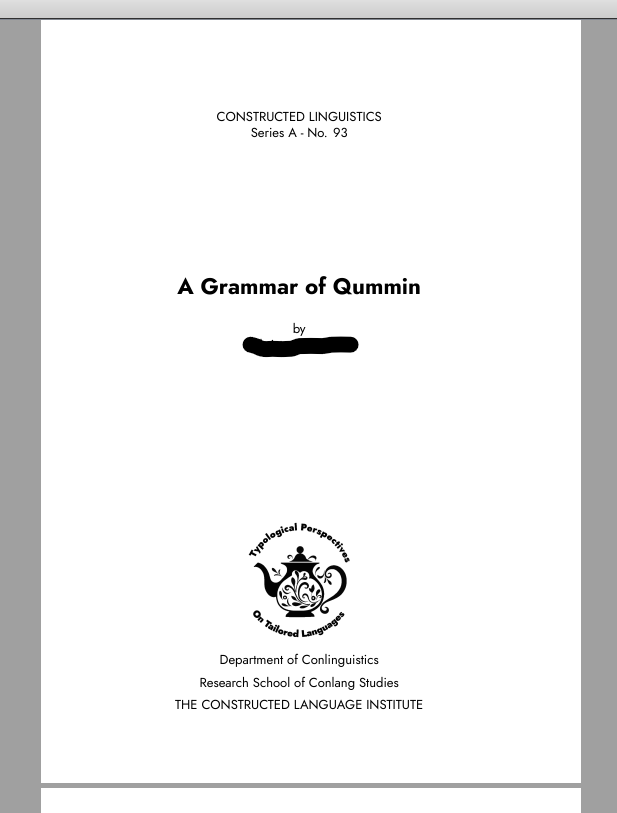First, I'd say this is reallybradrn wrote: ↑Wed Jul 19, 2023 9:47 pm One point which maybe hasn’t been made sufficiently clear yet is that phonological and grammatical constituents do not in general coincide. [...]
Phonologically, the intonational structure is something like this:
[The man] [who I saw yesterday] [had a car] [with a flat tyre]
Whereas the syntactic structure is quite different:
[The man who [I saw yesterday]] [had [a car [with a flat tyre]]]
[The man [who I saw yesterday]] [had [a car [with a flat tyre]]]
This actually does align with your intonational structure, except for "had a car".
What strikes me is that each speech group is a constituent except that one. However, "had a car" is a valid constituent in a simpler sentence. It would be far more challenging if phonologically we set off "yesterday had".
I'd also note that there are transformations (e.g. Extraposition from NP, Heavy NP Backing) which move parts of an NP. It's as if some bits of the syntactic tree are attached with far less glue than others. So "a car [with a flat tire]" is not as closely tied together as "flat [tire]" is.

